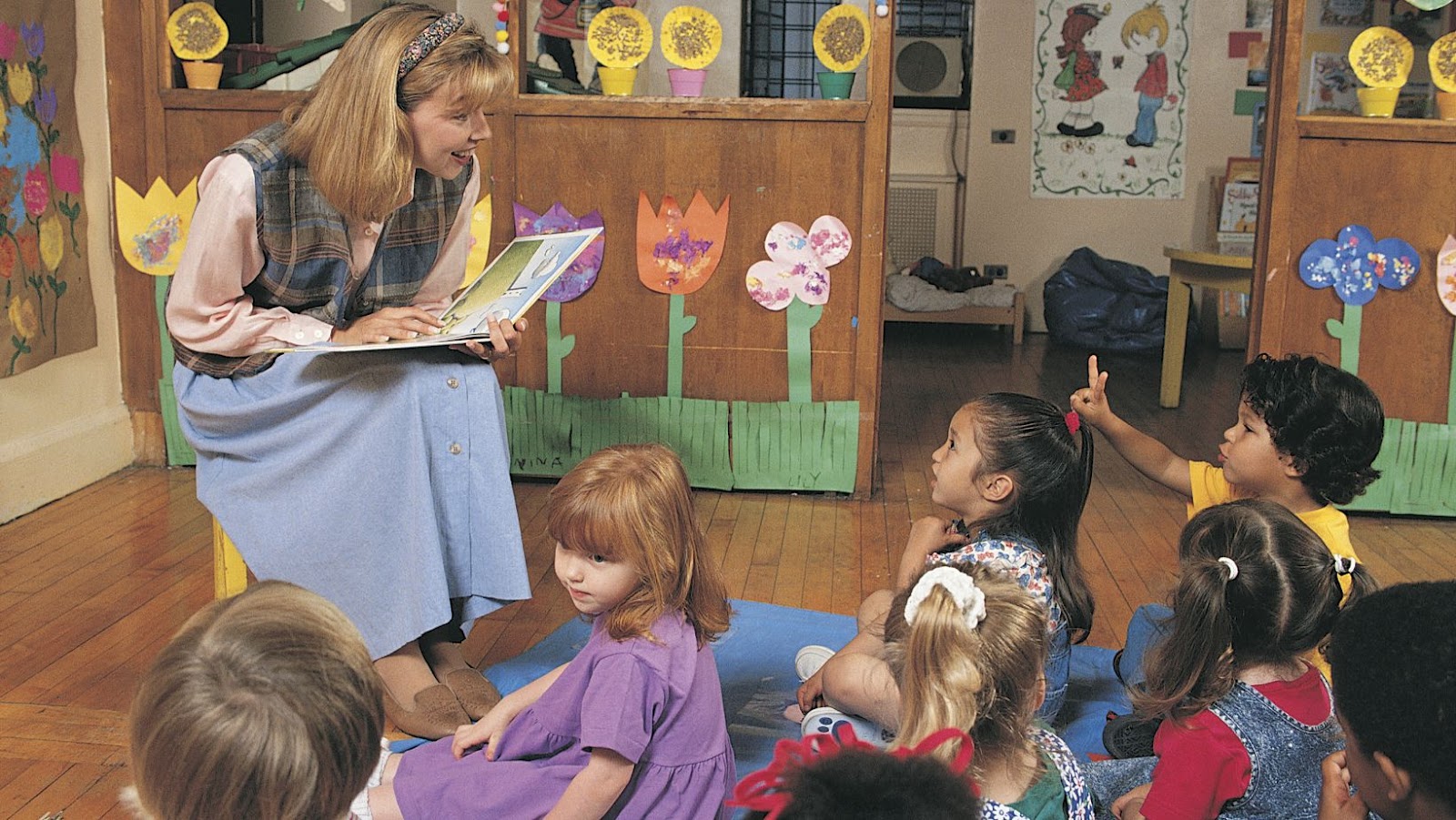 How to Cancel an Aliexpress Order
How to Cancel an Aliexpress Order
Canceling an order on Aliexpress can sometimes be a confusing process, but fear not! I’ll walk you through the steps of how to cancel an Aliexpress order that has already been placed. Whether you’ve changed your mind or encountered an issue with the product, there are ways to resolve the situation.
Firstly, it’s important to act quickly. Once you realize that you want to cancel your order, don’t waste any time. Log in to your Aliexpress account and navigate to the “My Orders” section. Locate the specific order that you wish to cancel and click on it for more details.
Next, look for the option to “Cancel Order.” Depending on various factors such as shipping status and seller policy, this option might not always be available. If it is available, select it and follow the prompts to confirm your cancellation request. Keep in mind that cancellation requests are subject to approval by the seller.
If you encounter any difficulties or if the “Cancel Order” option is not available, don’t panic just yet. Reach out to the seller directly through Aliexpress messaging system or by opening a dispute. Clearly explain your reasons for wanting to cancel and politely ask for their assistance in resolving the issue.
Steps to Cancel an Aliexpress Order
Check the Order Status
The first step in canceling an Aliexpress order is to check its status. This will help you determine whether the order can still be canceled or if it has already been processed and shipped. To do this, follow these simple steps:
- Log into your Aliexpress account: Go to aliexpress.com and sign in using your credentials.
- Go to “My Orders”: Once logged in, navigate to the “My Orders” section of your account.
- Find the order you want to cancel: Locate the specific order that you wish to cancel from the list of recent orders.
- Check the order status: Look for the current status of the order, which could be one of several possibilities such as “Awaiting Shipment,” “Shipped,” or “Delivered.” If it’s still in a pre-shipment stage, there’s a good chance you can cancel it.
Contact the Seller
If your order is still eligible for cancellation based on its status, contacting the seller should be your next course of action. Here’s how:
- Click on “Contact Seller”: On the order details page, find and click on the button labeled “Contact Seller.”
- Choose a reason for cancellation: Select an appropriate reason from the provided options for canceling your order.
- Compose a polite message: Craft a concise but polite message explaining why you want to cancel and request their assistance in processing the cancellation.
Remember, sellers on Aliexpress are generally responsive and willing to help resolve any issues with orders.
Request for Order Cancellation
Once you have contacted the seller regarding your desire to cancel an Aliexpress order, they will usually respond within 24-48 hours with further instructions or confirmation of cancellation.
In some cases, if they have not yet shipped out your item, they may be able to cancel the order directly from their end. However, if the order has already been shipped or is in transit, you may need to wait until it arrives and then proceed with a return or refund request.
It’s important to note that each seller on Aliexpress may have different cancellation policies, so make sure to review their terms and conditions before placing an order.
By following these steps and reaching out to the seller promptly, you increase your chances of successfully canceling an Aliexpress order that has already been placed.
Remember: Act quickly and maintain open communication with the seller for a smoother cancellation process.

Checking the Order Status
When it comes to canceling an AliExpress order that has already been placed, the first step is to check the order status. By doing so, you’ll have a better understanding of whether or not cancellation is possible and what steps you need to take.
Why Cancel an AliExpress Order?
There are several reasons why you may need to cancel an AliExpress order. Perhaps you’ve changed your mind about the product, found a better deal elsewhere, or realized that the item won’t meet your needs. Whatever the reason may be, it’s important to act quickly and check the order status as soon as possible.
Understanding the Cancellation Policy
Before attempting to cancel your AliExpress order, it’s crucial to familiarize yourself with their cancellation policy. This will help you determine if cancellation is still feasible based on factors such as shipment status and seller acceptance.
AliExpress allows cancellations within a specific time frame after placing an order. The exact time window varies depending on factors such as product type, seller preferences, and shipping method chosen. It’s essential to review these details carefully before proceeding with cancellation.




 Mattress Firm Cancel Order
Mattress Firm Cancel Order



























 We take it for granted that Edinburgh is one of the most stunning places in the whole world. This mediaeval city full of imposing buildings and structures, spectacular views, and cool monuments guarantees that all its visitors will have a splendid time. And the same goes for their social media profiles. Have you really been anywhere if you haven’t got awesome pictures to prove it? Below you will find 4 of our favourite instagrammable spots in Edinburgh so that you can thrill all your followers.
We take it for granted that Edinburgh is one of the most stunning places in the whole world. This mediaeval city full of imposing buildings and structures, spectacular views, and cool monuments guarantees that all its visitors will have a splendid time. And the same goes for their social media profiles. Have you really been anywhere if you haven’t got awesome pictures to prove it? Below you will find 4 of our favourite instagrammable spots in Edinburgh so that you can thrill all your followers.






















